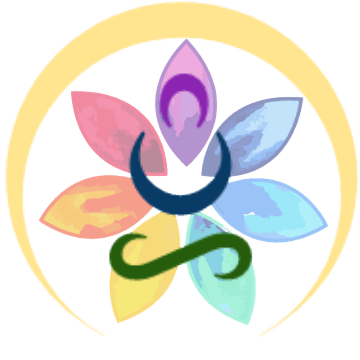The Importance of Emotional Intelligence
"Emotional intelligence is the key that unlocks the door to understanding ourselves and building meaningful connections with others." - Ananda Experience

Technical skills and expertise alone are no longer sufficient to thrive in personal and professional environments. A quality that sets individuals apart is emotional intelligence (EI). Emotional intelligence refers to the ability to recognize, understand, and manage our own emotions while effectively empathizing and relating to others. Cultivating emotional intelligence is not only beneficial for personal growth but also vital for building strong relationships, effective leadership, and overall well-being. In this article, we will explore the significance of emotional intelligence and provide practical tips on how to cultivate it.
Understanding Emotional Intelligence
Emotional intelligence encompasses a range of skills that contribute to self-awareness, self-regulation, empathy, and social skills. It involves perceiving and expressing emotions accurately, understanding emotional triggers, and managing them constructively. By mastering emotional intelligence, individuals can enhance their communication skills, resolve conflicts more effectively, make better decisions, and build stronger interpersonal connections.
The Importance of Emotional Intelligence
Enhanced Self-Awareness: Emotional intelligence allows individuals to develop a deep understanding of their emotions, strengths, weaknesses, and values. This self-awareness promotes self-confidence, helps individuals make conscious choices aligned with their goals, and enables them to manage stress effectively.
Improved Relationships: Developing emotional intelligence fosters better interpersonal relationships. By understanding and empathizing with the emotions of others, individuals can build trust, communicate more effectively, and develop stronger connections. This skill is especially crucial for leadership roles, team collaboration, and maintaining healthy personal relationships.
Effective Decision-Making: Emotionally intelligent individuals can evaluate situations from an objective standpoint, separating emotions from rational decision-making. They consider the impact of their actions on themselves and others, leading to more thoughtful, balanced, and effective decision-making.
Conflict Resolution: Conflicts are an inevitable part of life, but emotional intelligence equips individuals with the skills needed to manage and resolve conflicts constructively. By understanding others' perspectives, practicing active listening, and communicating assertively, emotionally intelligent individuals can find common ground and reach mutually beneficial resolutions.
Cultivating Emotional Intelligence
Practice Self-Reflection: Take time to reflect on your emotions, triggers, and patterns of behavior. Journaling, meditation, or talking to a trusted friend or mentor can help gain insights into your emotional landscape.
Develop Empathy: Seek to understand the emotions and perspectives of others. Actively listen, show genuine interest, and practice empathy by putting yourself in their shoes. This ability to connect with others on an emotional level will strengthen your relationships.
Manage Stress: Build resilience by developing healthy coping mechanisms for stress. Engage in activities like exercise, mindfulness, or hobbies that help regulate your emotions and promote well-being.
Practice Emotional Regulation: Learn to recognize and manage your emotions effectively. Take a pause when faced with intense emotions, and respond rather than react. Develop strategies like deep breathing, reframing negative thoughts, or seeking support to regulate your emotional state.
Continuous Learning: Emotional intelligence is an ongoing journey of growth and development. Read books, attend workshops, and seek opportunities to expand your understanding of emotional intelligence and its application in various contexts.
Emotional intelligence (EI) is a vital skill in today's world, enabling individuals to recognize, understand, and manage their own emotions while effectively relating to others. Developing emotional intelligence brings numerous benefits, including enhanced self-awareness, improved relationships, effective decision-making, and conflict resolution. To cultivate emotional intelligence, individuals can engage in self-reflection, develop empathy, manage stress, seek feedback, practice emotional regulation, and engage in continuous learning. By prioritizing emotional intelligence, individuals can unlock personal growth, build strong connections, and thrive in various aspects of life.




